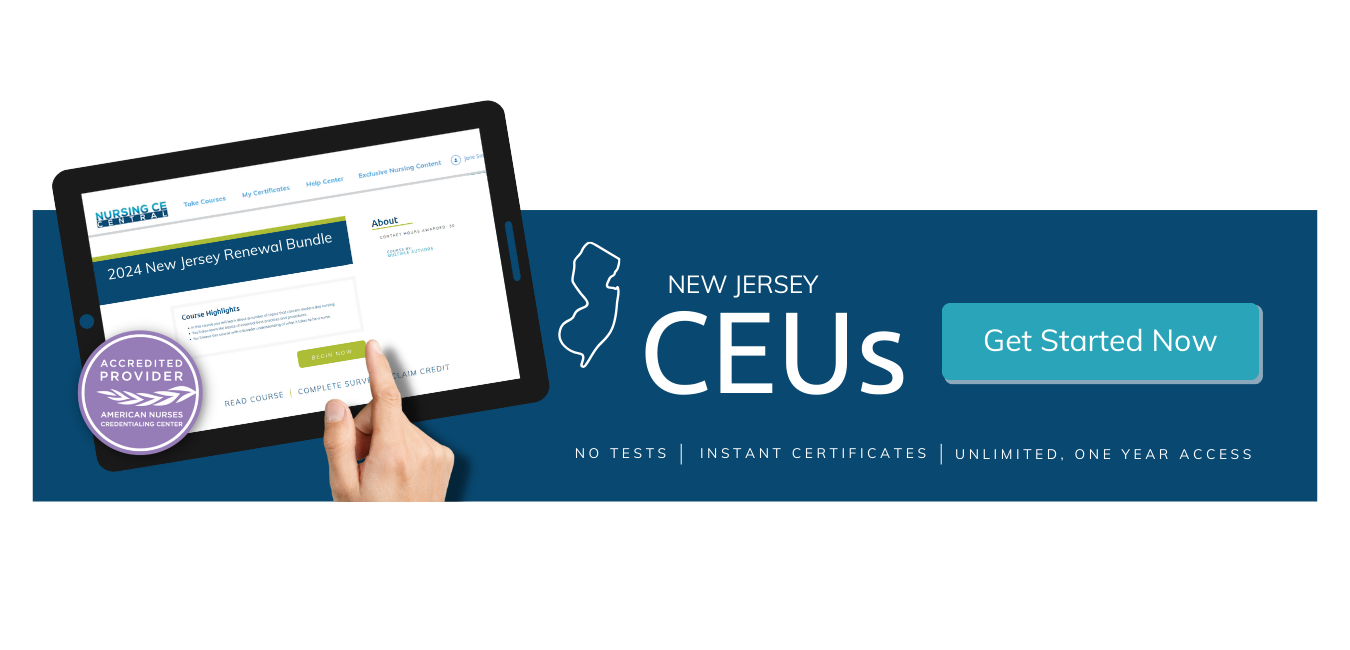SOAPI Method for Nurse Progress Notes
Many nurses have utilized the SOAPI method when writing nursing progress notes. SOAPI stands for Subjective, Objective, Assessment, Plan, and Interventions. Although many facilities utilize the SOAPI method, each facility may want to utilize a different format or template so be certain to ask how they like their nurse progress notes to be completed.
Gather subjective information
After the nurse has gathered the date, time, and patient’s name, begin the nurse progress note by requesting information from the patient. This information is likely subjective and limited to the patient’s knowledge and their personal experience. Subjective information includes the patient’s pain level, the reason for treatment, and any concerns that they may have.
Record objective information
After speaking with the patient, gather objective information to include in the progress notes. This includes vital signs, observable symptoms, and the results of any tests and bloodwork. Objective information will often support the subjective information that the patient provided which then helps the diagnosis of the patient.
Record your assessment
Record notes about the patient’s condition based on the conclusions from the patient’s symptoms and objective data. The assessment also includes any medications that the physician has prescribed and the patient’s response. Note any changes in the patient’s appearance, attitude, and symptoms since their treatment began.
Care Plan
This will include any course of action that is planned for the patient’s future treatment. Another important piece of information to include is any alternative treatments offered or treatments refused by the patient. Any patient refusals are important to document.
Interventions
This includes any additional facts about the care the patient received during your shift such as details about the medications administered, any patient requests, and any other observations that were made.









